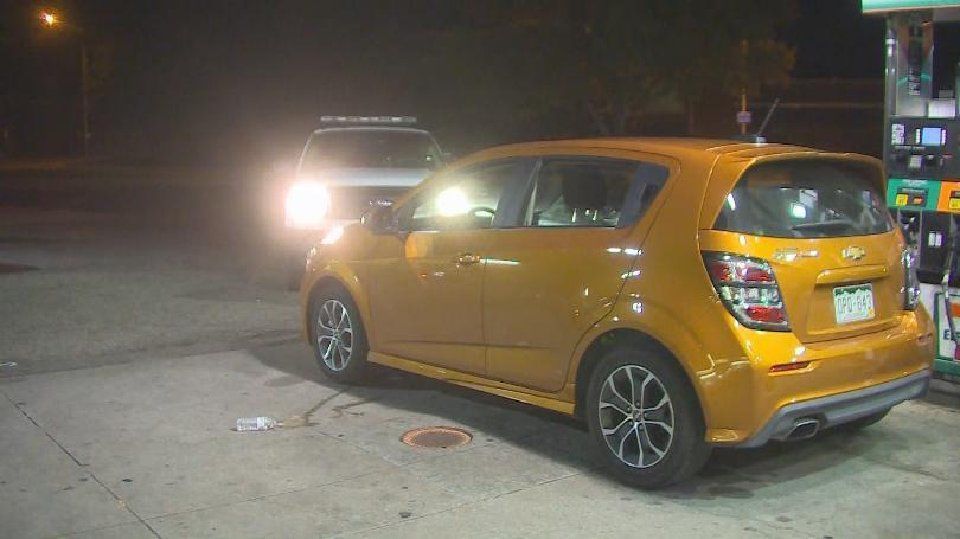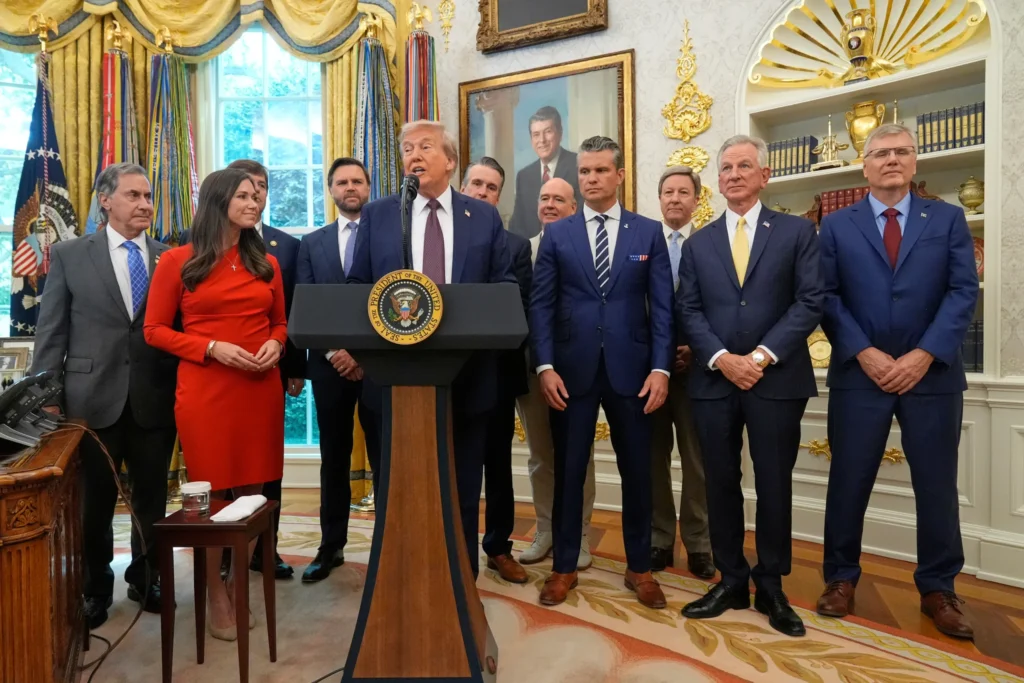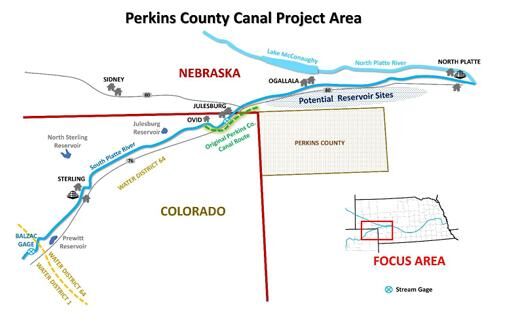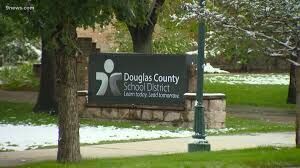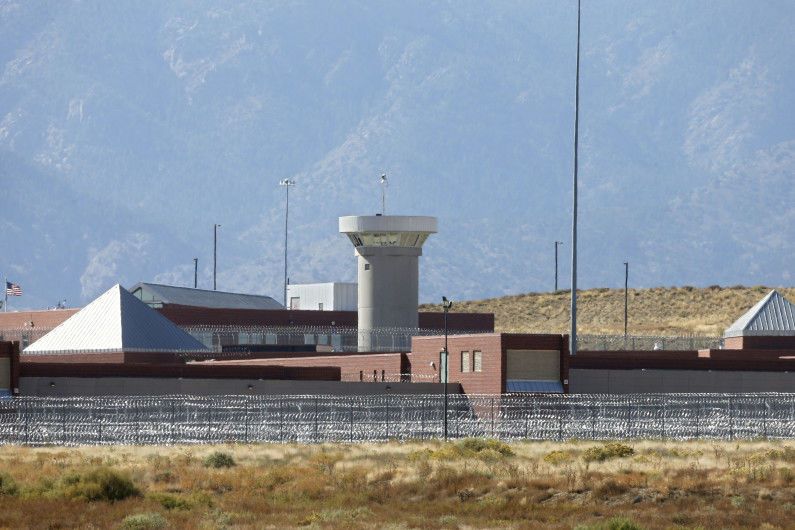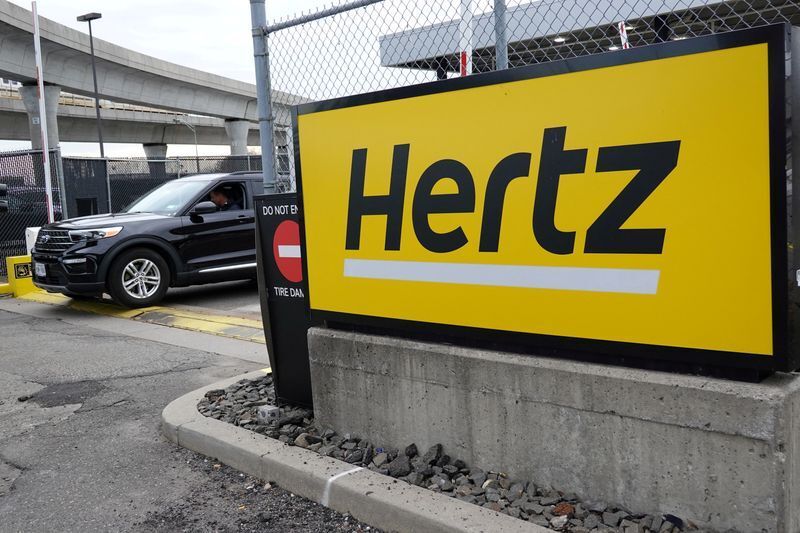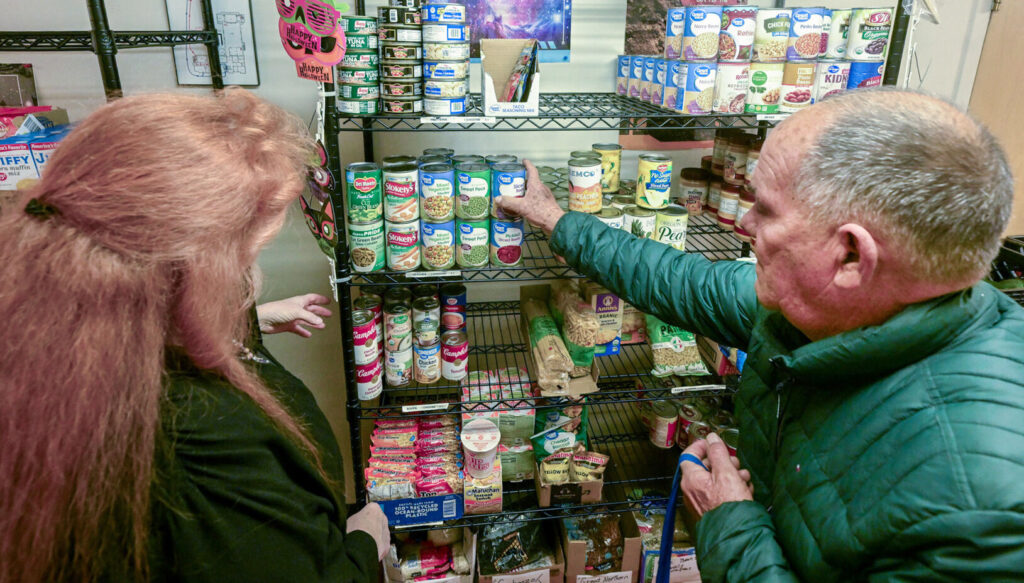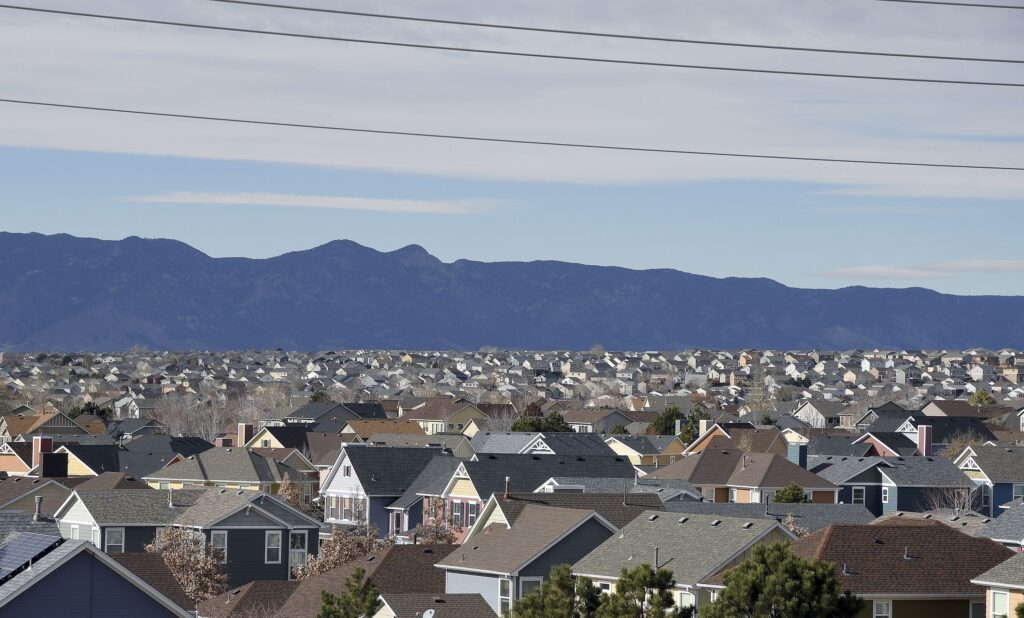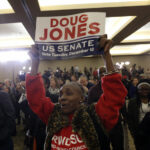Mike Johnston was an average kid from Vail, until he wasn’t
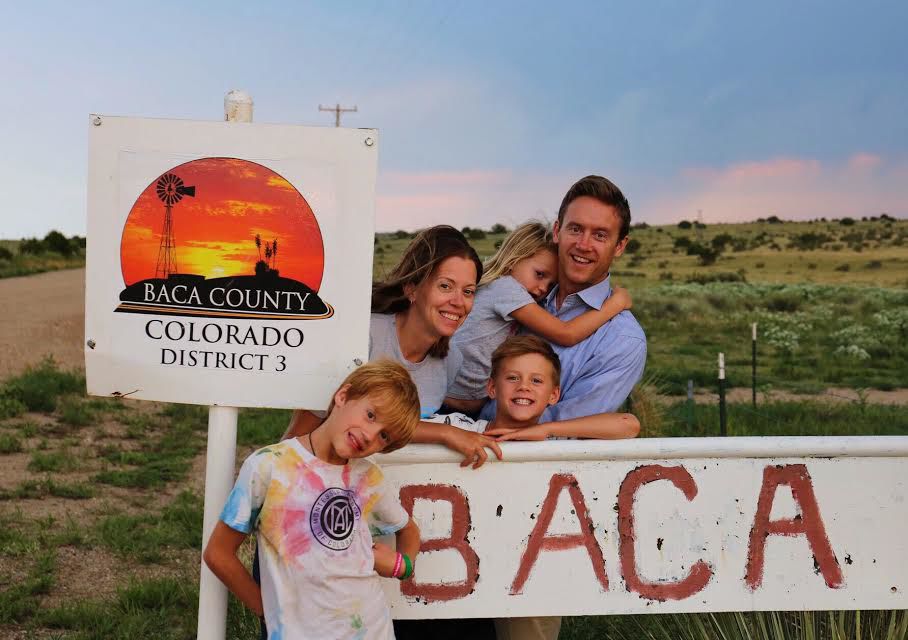
Growing up in Vail, Mike Johnston was just your average kid in some ways, growing up in a small Western town playing soccer, ice hockey and ski racing.
But then, your average kid in the ’70s and ’80s didn’t memorize speeches by Dr. Martin Luther King Jr. and recite them in front of the family room fireplace for anyone who would listen. And most kids’ dads didn’t run a small-town bar, the Nu Gnu, near where serial killer Ted Bundy abducted one of three women he killed in Colorado in a cross-country spree that ended in Florida.
Julie Cunningham was clubbed and shoved into the trunk of Bundy’s Volkswagen Beetle on the way to the tavern (one of two bars in Vail at the time, Johnston said) in 1975, not long after Johnston was born. Bundy later told authorities he had buried her body near Rifle, but she was never found.
Years later, when Johnston’s parents ran a small hotel, Robert Redford stayed a night there. It was right after he had filmed “The Natural,” Johnston recalled, and Redford gave his dad one of the trademark Knights baseball jackets with a lightning bolt on the sleeve.
The jacket still hangs in his parents’ home, despite his best efforts to steal it as a kid, Johnston said.
It was those small-town experiences that taught him how to know people before you ever knew whether they were a Democrat or a Republican, he said, and how to take responsibility for the community you live in.
Johnston remembers his dad picking up trash around the town and explaining to him that when you live somewhere, it’s your home, and no matter who threw it on the ground, it’s your trash.
After graduating from college, Johnston was drawn to the South, where his hero, Martin Luther King, led the civil rights movement.
He taught at a rural high school in Greenville, Miss., and later wrote a book, “In the Deep Heart’s Core,” about the experience.
Johnston’s wife, Courtney, is from Memphis, Tenn., and the couple make the trip there every year.
“We went to the Lorraine Hotel before my wife and I got married, the Civil Rights Museum,” he said. “We drive down there every year for Thanksgiving. We went there, went to the Central High School in Little Rock, the Little Rock Nine.”
Johnston is a huge fan of Memphis barbecue.
“I’m a deep believer in dry-rub barbecue,” he said. “Literally, we drive 16 hours and drive right into town, our first stop is Corky’s barbecue, which I think is the best barbecue in Memphis, so it’s a long-standing tradition.”
But it wasn’t King who inspired Johnston to get into politics. It was a high school student in Adams County, where Johnston was principal.
“We became the first high school that graduated 100 percent of our seniors and 100 percent of them got into college. We thought that was such a great success,” he said. “And then one of my students came up to me and said, ‘Mr. Johnston, you made me do all this and I got into college. You know I’ll never be able to go.’ I said, ‘What do you mean?’ He said, ‘You know today in the state senate, the bill died that would’ve allowed undocumented students to get in-state tuition. Now there’s no way I’ll ever be able to go.’ “
Undocumented students would have to pay out-of-state tuition and not be eligible for financial aid.
“He said, ‘That’s $30,000 a year, that’s more than my mom makes in a year,'” Johnston said. “I found out a great many students in my high school who had gotten into college and were undocumented wouldn’t be able to go. That’s when I decided to run for state Senate and change that law.”
And he did. Johnston was elected in 2008 to represent a northeast Denver district and served eight years in the upper chamber before term limits forced him out of public office.
Johnston said helping students, especially the disadvantaged ones, is his proudest accomplishment yet.
In 2010, Forbes magazine featured Johnston among its “7 Most Powerful Educators,” and Time magazine listed Johnston on its list of “40 Under 40.”
Social justice is at the center of Johnston’s passion still.
He quotes Thomas Jefferson in saying, “We hold these truths to be self-evident, that all men are created equal.”
“How do you make sure opportunity is fairly distributed for all people? That’s true for job training, education, health care,” he said. “Seems there’s some unfinished work we still have to do as a country.”



